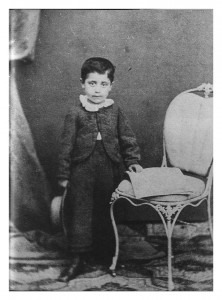The funeral has taken place of Alex Robertson-Jervis, co-founder of Diva Management and mentor to a whole generation of Australian opera singers.
She had struggled for two years with breast cancer.

Opera Australia is deeply saddened to hear of the passing of Alex Robertson-Jervis, artist manager at Diva Management. Joyous, supportive and passionate, Alex has left us far too soon. We would like to send our sincere condolences to Alex’s husband Laurence, her family and friends, and all her OA artists.
The names of Liang Wang and Matthew Muckey, principal oboe and associate principal trumpet, have vanished from the website roster of Philharmonic players, following their dismissal for misconduct a month ago.
At the time it was stated that ‘at the request of their union, the Philharmonic delayed the implementation of the termination and placed the musicians on an unpaid leave of absence.’
The position now is that the pair are officially terminated. The dismissals are being disputed by the two musicians and will, we understand, be arbitrated.
But it looks like there’s no way back.

Mariss Jansons, 75, is suffering from a viral infection and has been ordered a month’s rest.
His Bavarian Radio concerts in November will be taken over in Munich by Simone Young, Cristian Macelaru and Manfred Honeck.
But there’s also an Asian tour, and Asian promoters won’t accept any sub they haven’t heard of for at least 30 years.
Step up Zubin Mehta, 82, freshly clear of cancer and happy to oblige.
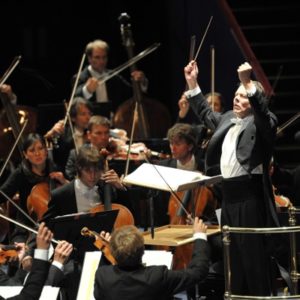
In mid-summer, we reported that an American baritone was making allegations of rape against the countertenor David Daniels and his partner.
When the accuser’s name was made public, another ex-student came forward with a further complaint.
Andrew Lipian, is now suing the University of Michigan for failing to protect him from his teacher’s unwanted attentions.
Report here.
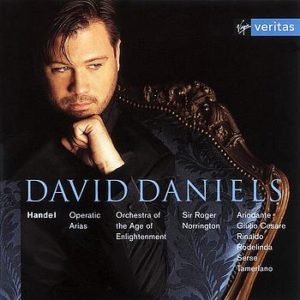
The sudden death of Diemerson Sena has sent shock waves across the Brazilian music scene.
Diemerson, who was 33, played in the the Sao Paolo Symphony, the Brazil Symphony Orchestra and latterly in the Amazon Philharmonic. He was married to a fellow-violist Jéssica Sicsú and leaves two children.
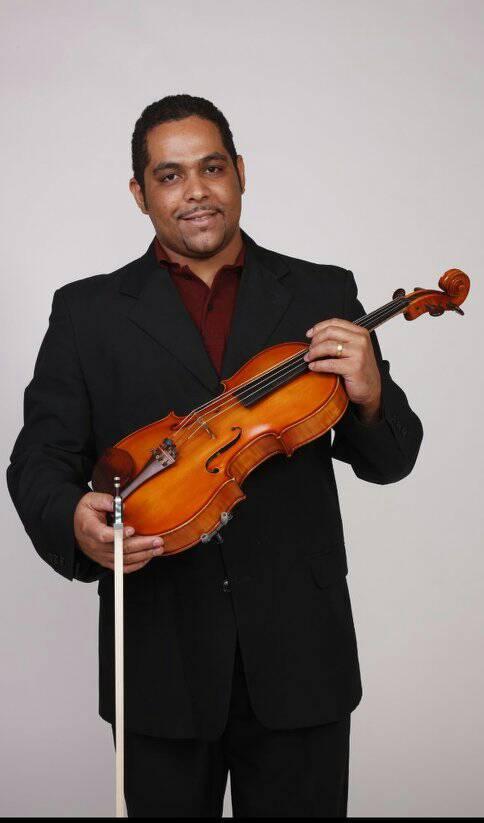
The film composer John Williams has called off two concerts conducting the Vienna Philharmonic on November 3 and 4 for reasons of ill health. Williams is 86.
The concerts have been cancelled altogether and ticket holders are being refunded.
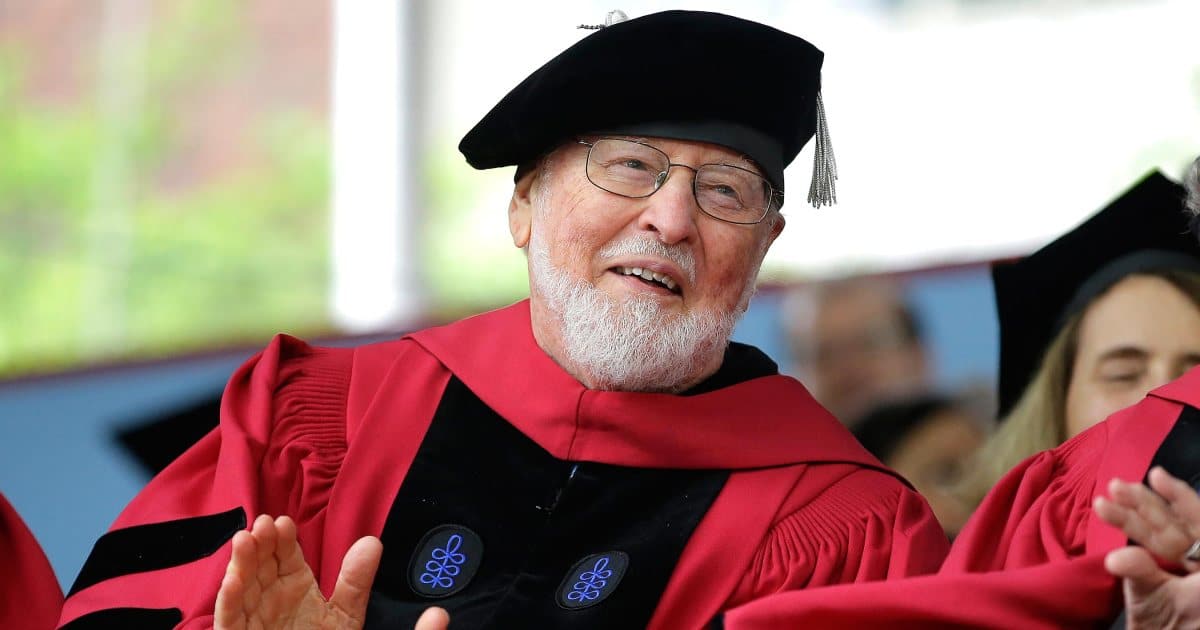
There’s only one John Williams?
UPDATE: Apparently not. The London Symphony Orchestra are going ahead with his concert at the Royal Albert Hall on Friday with Dirk Brossé conducting highlights from Williams’s soundtracks.
The Frankfurt Opera intendant Bernd Loebe is taking charge of Austria’s troubled Erl festival, following the withdrawal of its founding conductor Gustav Kuhn who, it is officially stated, is retiring to a monastery.
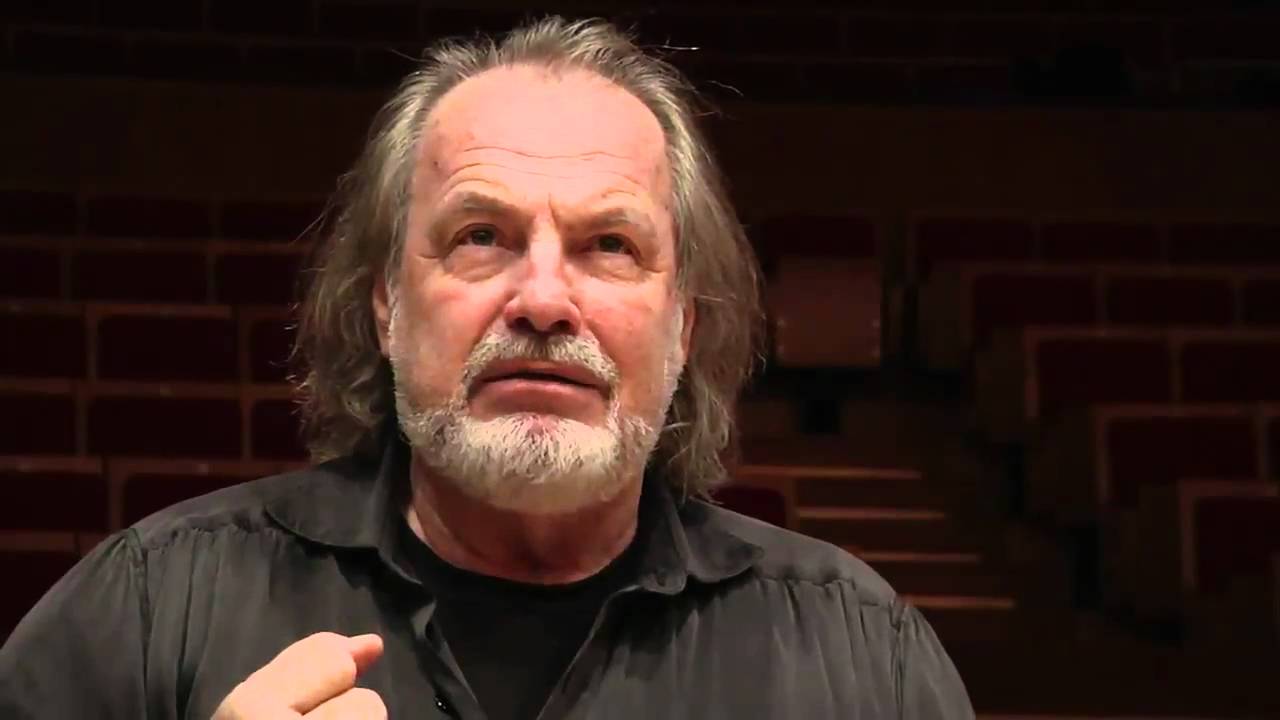
Kuhn, 73, has been pursued by claims of sexual and other forms of harassment at the festival, which he strenuously denied.
Loebe, 65, is one of the safest pairs of hands in the opera world.
Hans Peter Haselsteiner, the festival’s president, said that Kuhn had completed his duties and would ‘retire to a monastery and renounce the sordid world for some time.’
A lost manuscript from next month’s Sotheby’s sale catalogue:
WAGNER, RICHARD
Autograph manuscript prose draft for the three-act
opera “Wieland der Schmied” [WWV 82], signed and
dated (“Richard Wagner”), 1850
here titled “Wiland der Schmied. Heldenoper in drei akten”,
with cast list (“Personen: Wiland der schmied, Eigel der schütz,
Helferich der arzt, Schwanhilde, Neiding, König der Nianen.
Gram sein Marschal, Batlinder, Neiding’s tochter…”) and the
prose text divided into scenes and acts, closely written in dark
brown ink on forty lines per page, signed and dated at the end:
“Richard Wagner/ (Paris, 11 märz 1850) (Zürich, 8 October
1850)”,
23 pages, 4to (c.25 x 20cm), on 6 bifolia, fine watermarked
paper (“J Whatman 1850”), top-centre paginations, horizontal
centre fold, unbound, modern archival folder,
THIS IS WAGNER’S DETAILED SCENARIO FOR AN OPERA
DESIGNED TO ENSHRINE HIS REVOLUTIONARY “MUSIC OF
THE FUTURE”. More than a mere synopsis, such manuscripts
constitute draft librettos in prose form, describing the action
and including a considerable amount of dialogue. Wagner
made such prose drafts for all four operas of Der Ring des
Nibelungen.
Wagner first envisaged Wieland der Schmied as an opera
for Paris, given that German opera houses were closed to
him, because of his political activism. Enthused by Berlioz’s
Symphonie Roméo et Juliette, and his own evolving theories
of music and drama, he at first hoped that Berlioz would
collaborate on this project. He offered the scenario both to
Berlioz and to Liszt, but to no avail. Wagner seems to have
sent the present manuscript to Carolyne zu Sayn-Wittgenstein,
as explained in his letter to her, also dated 8 October 1850
(Sämtliche Briefe, iii, no.116), which Liszt acknowledged on 18
October.
Several themes in the scenario are rather familiar to us from
Wagner’s later music dramas, not least The Ring, including
Princess Swanhilde, who is wounded by a spear, falls to earth
and is rescued by the master-craftsman and blacksmith Wi[e]
land. She puts aside her wings and her magic ring of power.
Wi[e]land’s enemies are called the Niedings, who steal the ring,
kidnap Swanhilde and destroy his home. Wagner later changed
Wiland’s name to “Wieland”, when he included the scenario in
his Gesammelte Schriften und Dichtungen in 1872.
This projected three-act heroic opera occupied Wagner from
late 1849, and is closely connected with the development of
his revolutionary theories on music and drama. He included
a précis of the subject as the appendix to his book Das
Kunstwerk der Zukunft, suggesting it as a model subject-
matter for his ideal music-drama of the future. Wagner
also decided to revolutionize his handwriting at this time,
dispensing with the gothic Kurrentschrift that Germans
had habitually used, and replacing it with Roman script.
Indicative of Wagner’s internationalist aspirations, even nouns
are no longer capitalized, except for proper names, albeit inconsistently.
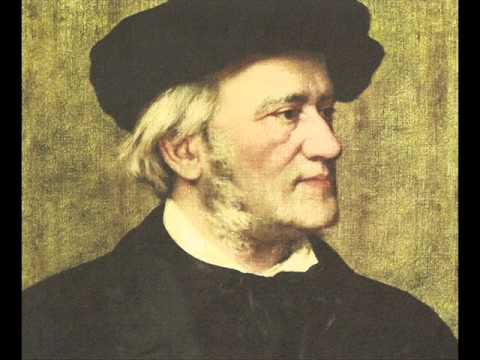
At Sotheby’s music sale next month, they are putting up an apparently unknown first draft of Das Klagende Lied, the composer’s first attempt to create a Singspiel.
Here’s what the catalogue says about it:
Autograph manuscript of the poem “Ballade vom blonden und braunen Rittersmann”, AN EARLY, HITHERTO LOST, DRAFT FOR THE TEXT OF THE FIRST VERSION OF DAS KLAGENDE LIED, signed (“Gustav Mahler”) comprising three parts, numbered by the composer “I”-“III”, of nine, five and seven stanzas, respectively, with autograph title (“Ballade vom blonden und braunen Rittersmann”), signed and dated at the end (“Gustav Mahler 18.1-3/379.”)
…Vom Felsen hoch erglänzet das Schloß,
die Zinken erschall’n und drommetten,
dort sitzen der Ritter muthiger Troß,
und die Frauen mit goldenen Ketten!
“Was will der jubelnde, fröhliche Schall,
was leuchtet und glänzet im Königssaal
o Freude, heia Freude!”…
8 pages, large 8vo (22.5 x 14.3cm), the second and third
pages paginated apparently by the composer, ink-blot to lower
margin of first page, later pencil annotation to last page (“7569
inv.”), [Vienna,] 1-3 March 1879, horizontal and vertical folds,
some splitting to hinge and folds
A SIGNIFICANT MAHLER DISCOVERY, ADDING TO OUR
KNOWLEDGE OF THE DEVELOPMENT OF THE TEXT FOR THE
FIRST VERSION OF DAS KLAGENDE LIED.
THE TEXT OF THIS MANUSCRIPT IS SUBSTANTIALLY
UNPUBLISHED, THE LAST TWO SECTIONS BEING UNKNOWN
TO SCHOLARS.
